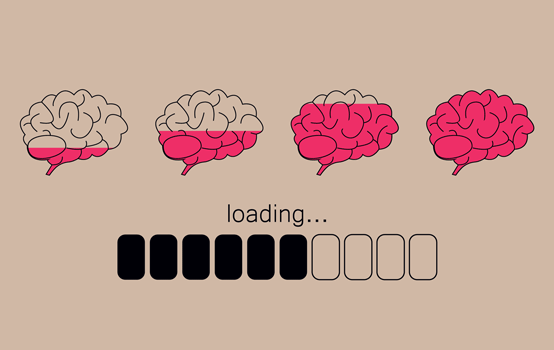
Studying law is one of the most effective ways to enhance intellectual capabilities, as it challenges individuals to think critically, analyze complex situations, and develop well-reasoned arguments. The nature of legal education demands a deep engagement with logical reasoning, problem-solving, and effective communication, all of which contribute significantly to intellectual development.
One of the most profound ways law fosters intellectual growth is by strengthening critical thinking skills. Legal studies require individuals to examine cases, statutes, and legal principles from multiple perspectives, weighing arguments and counterarguments before reaching a conclusion. This rigorous process enhances logical reasoning, teaching individuals to assess information objectively and construct coherent, evidence-based arguments. The ability to break down complex ideas into clear, understandable components extends beyond law and becomes a crucial skill in business, leadership, and daily life.
Problem-solving is another essential intellectual skill cultivated through the study of law. Legal education trains individuals to approach challenges methodically, identify key issues, and formulate solutions based on established principles. This systematic approach to problem-solving is invaluable, not just in legal practice, but in any profession or situation that requires strategic thinking and decision-making. Whether navigating corporate negotiations, resolving conflicts, or managing personal affairs, those with legal training tend to develop a structured mindset that allows them to handle issues with precision and foresight.
The intellectual rigor of legal studies also enhances analytical and research abilities. Law students frequently engage in researching case precedents, interpreting legal texts, and applying laws to real-world scenarios. This continuous engagement with information strengthens their capacity to process large volumes of data efficiently, extract relevant insights, and apply knowledge effectively. Such skills are indispensable in fields that require deep analysis, such as finance, politics, entrepreneurship, and policymaking.
Moreover, legal education significantly improves communication skills, both written and verbal. Law requires individuals to articulate their thoughts clearly, persuasively, and logically. Whether drafting legal documents, engaging in courtroom debates, or negotiating agreements, effective communication is at the heart of legal practice. The ability to construct compelling arguments and express complex ideas with clarity is a critical advantage in any career, fostering confidence and influence in professional and social interactions.
Beyond analytical and communication skills, studying law instills a strong sense of ethical reasoning and strategic thinking. Understanding legal principles deepens an awareness of justice, morality, and societal structures, encouraging individuals to think more critically about ethical dilemmas and decision-making. This broader perspective enhances intellectual maturity, enabling individuals to navigate the complexities of life with greater wisdom and foresight.
In essence, learning law is not just about understanding rules and regulations—it is a transformative intellectual journey. It sharpens the mind, refines the ability to reason, and strengthens problem-solving skills, all of which are applicable far beyond the legal field. Whether in business, leadership, or personal development, the intellectual growth gained from studying law equips individuals with the tools to think strategically, communicate effectively, and make well-informed decisions in an ever-evolving world.